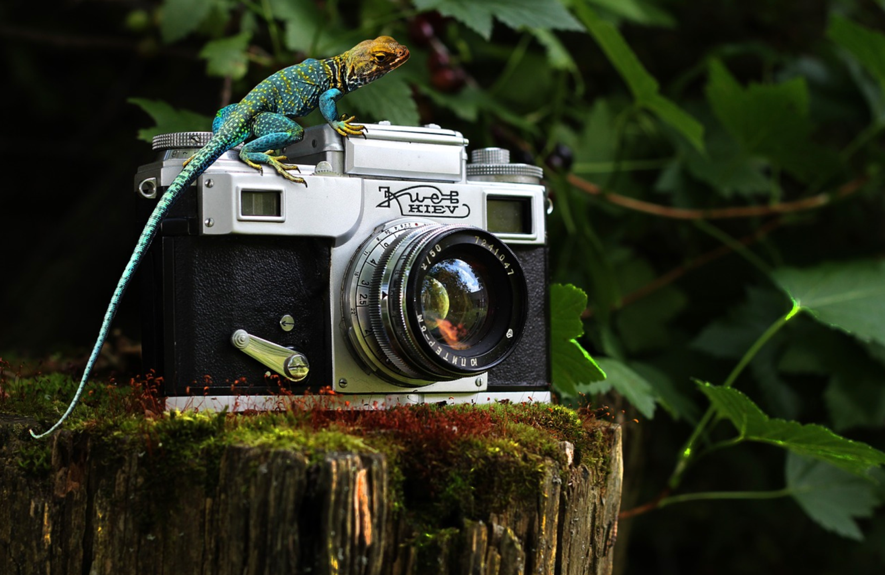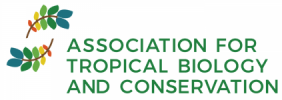Communicating Tropical Biology and Conservation to Broad Audiences
AUGUST 27, 2020 | 3-5PM (EST)

Tropical biology, by its very nature, is awe-inspiring, and an endless fountain of stories and creative inspiration. But to many outside our field, the language of science often falls short of relaying just how magnificent and important we know it to be, and how endangered many of the systems we study are. Communicating our work to non-scientists, therefore, has become increasingly important. In this webinar, we will hear about different ways in which we may use our science to promote tropical biology awareness and engage public audiences.
Moderators

Lúcia G. Lohmann
ATBC Executive Director
Universidade de São Paulo

Jennifer Berglund
Harvard Museums of Science & Culture
Freelance Science Writer/Producer
| Time (EST) | Topic | Speaker |
| 3–3:25PM | Making Science Meaningful | Sara El Shafie |
| 3:25–3:50PM | Making Science Fun… and Funny! | Rohan Chkravarty |
| 3:50–4:15PM | A Biologist’s Guide to Documentary Film | Neil Losin |
| 4:15–5PM | Q&A | All Speakers |
Making science meaningful
Sara ElShafie, University of California, Berkeley, USA | @elshafie_sara

How can representations of science be both factual and meaningful? As a Global Change Biologist and Science Story Consultant, Sara ElShafie has embedded herself in creative communities to uncover the potential of storytelling and entertainment to engage broad audiences with complex research. ElShafie will share insights from working in both academia and arts industries to help you communicate science effectively.
Making science fun…. and funny!
Rohan Chakravaty, Green Humour, India | @thetoonguy

Cartoons, comics and illustration help eliminate the jargon in science communication, enable readers to retain as well as respond to information, and instill a curiosity for the natural world in the layman. Find out how cartoons can engage with readers, and how science can engage with cartoons, resulting in a three-way friendly handshake (unless there are climate-science denialist politicians involved!), from the creator of Green Humour, a series of cartoons on wildlife and nature conservation.
A biologist's guide to documentary film
Neil Losin, Day’s Edge Productions, USA | @neillosin

Documentary films are among the most widely used and most trusted forms of science communication. As a visual medium, films are particularly well suited for telling stories about ecology, evolution, behavior, and conservation. However, producing a compelling film requires more than just a camera. In this presentation, I will talk about my professional transition from biology to filmmaking and will share some insights into finding and telling great science stories, producing high quality films with a limited budget, making science filmmaking a viable career, and making the most of scientist-filmmaker collaborations.
Science Communication Resources
A biologist's guide to documentary film
Video clips: https://tinyurl.com/ATBC-clips
